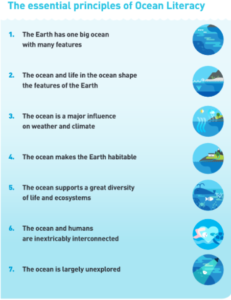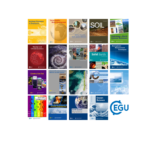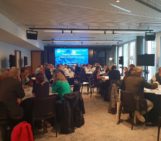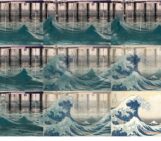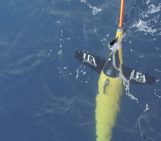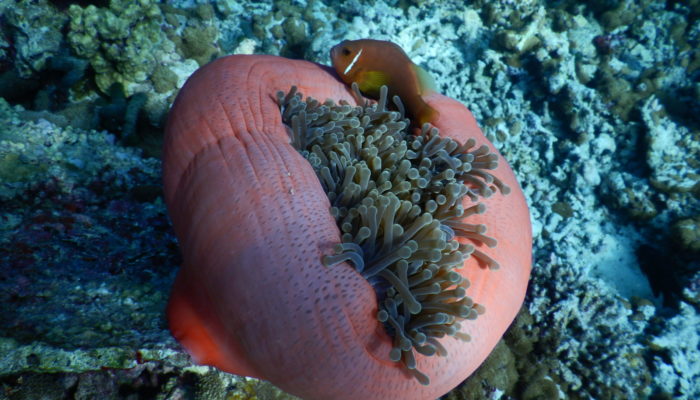
Yesterday (8 June) was globally observed as World Oceans Day. The United Nations announced that it is joining forces with decision-makers, indigenous leaders, scientists, private sector executives, civil society, celebrities, and youth activists to put the ocean first. This year’s theme is “Planet Ocean: tides are changing,” to encourage everyone – whether as individuals or groups – to respect the ocean, restore its vibrancy and bring it new life.
But how much do we really know about the wet world below us and all the secrets it holds? If you find yourself curious about the oceans and want to learn more, we list our top five resources here to get you started!
Note: These resources are aimed at those without prior/extensive oceanography knowledge and are in no way all-encompassing information on the subject.
Information sharing platform on marine and maritime research
The European Commission’s platform, currently in its pilot stage, shares the latest research and results from EU funded projects related to the marine and maritime research sectors. Its most recently published Portfolio Analysis Report (June 2023) analyses the contribution of over 800 EU-funded projects to the Mission “Restore our Ocean and Waters.” The Report identifies tangible results delivered by the projects and provides policy recommendations for the implementation of the EU Mission Ocean.
The NOAA Ocean Podcast
From corals to coastal science, this podcast by the National Oceanic and Atmospheric Administration has over 100 episodes to dive into! So if podcasts are your thing, connect with ocean experts who explore questions about the enigmatic ocean environment. As a sneak peak, some episodes include Gliders: Versatile Vehicles for Underwater Observation, Understanding Disease Impacts to Long-Spined Sea Urchins, and Shipwrecks, Science, and Stewardship at Thunder Bay National Marine Sanctuary.
Ocean Literacy: Video Vault and Toolkit
Aimed to support classroom and homeschool education, this YouTube playlist by the National Oceanography Centre is for those just starting to dip their toes into oceanology. Enjoy a range of talks and interviews from microplastic pollution and ocean robots to new learnings about South African squid fishery. On a related note, we also recommend UNESCO’s Ocean literacy for all: a toolkit, which offers unique tools to understand ocean processes and presents the essential scientific principles needed to understand the cause-effect relationship between individual and collective behaviour and the impacts that threaten ocean health.
MarineBio blog
Much like the movie Inception, this is one of those rare times where a blog recommends another blog. We think you might enjoy checking out the MarineBio blog which is mostly a video blog featuring fascinating ocean-themed topics such as Sharks of the Bahamas, Sea Turtles | a 2.5-hour Underwater Film in 8K, and Why are invertebrate larvae prickly? Don’t miss their blogs on the basics of underwater videography and underwater photography if you’re keen on exploring these as a career or hobby!
The ‘How to read water’ book
EGU’s Project Co-ordination Officer, Simon Clark (whose background is Ecohydraulics and Environmental Engineering) recommends the book ‘How to read water’ by Tristan Gooely. Simon says, “Wading through an impressive ensemble of phenomena, Tristan translates the behaviour of water from puddle to ocean so passionately that each chapter sings with compelling information and wonder. From identifying rip currents and cat’s paws to discovering what wave patterns in the open ocean can tell you about nearby islands, the navigator’s eye provides a fresh and enrapturing perspective.” Head to your local bookseller to pick up a copy!
Of course, we can’t not mention EGU’s very own Ocean Sciences Division which does its best to provide a productive environment for scientists from Europe and the world to progress in the various ocean science disciplines and have beneficial interactions with scientists and decision makers in other fields of geosciences.
Do you have any other interesting suggestions to add to our oceanology resources list? Go on, let us know in the comments below!

